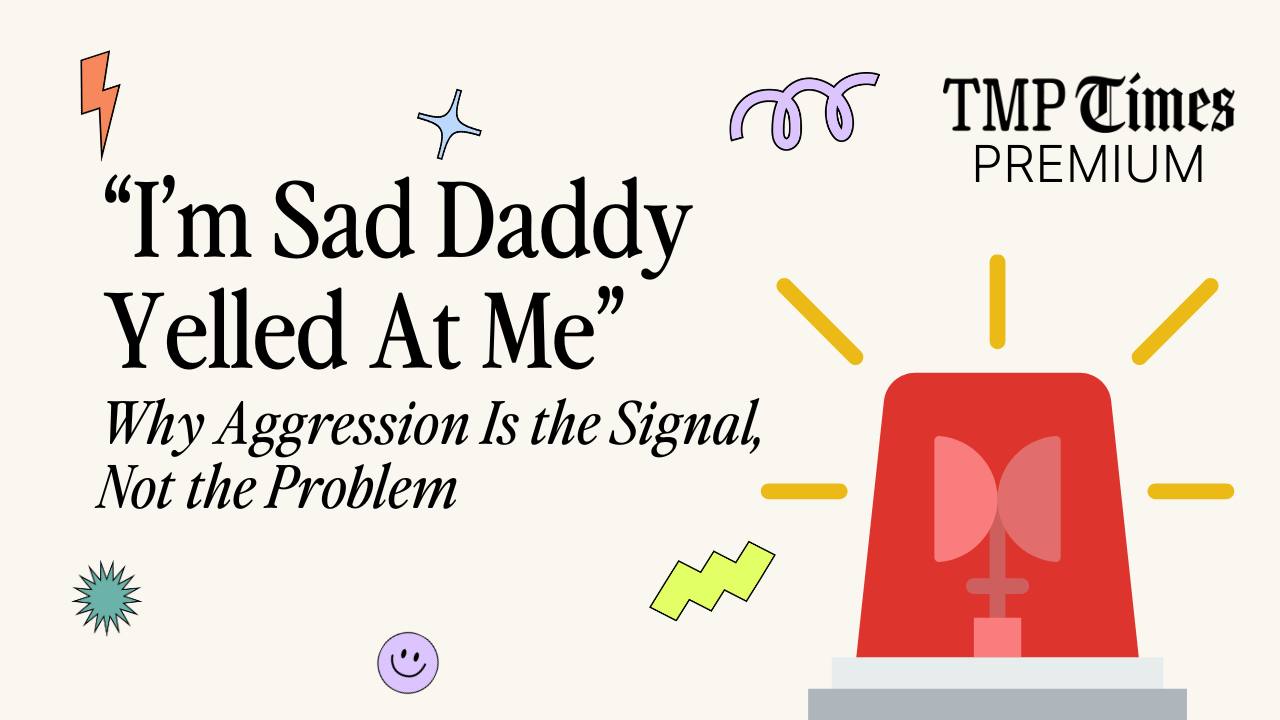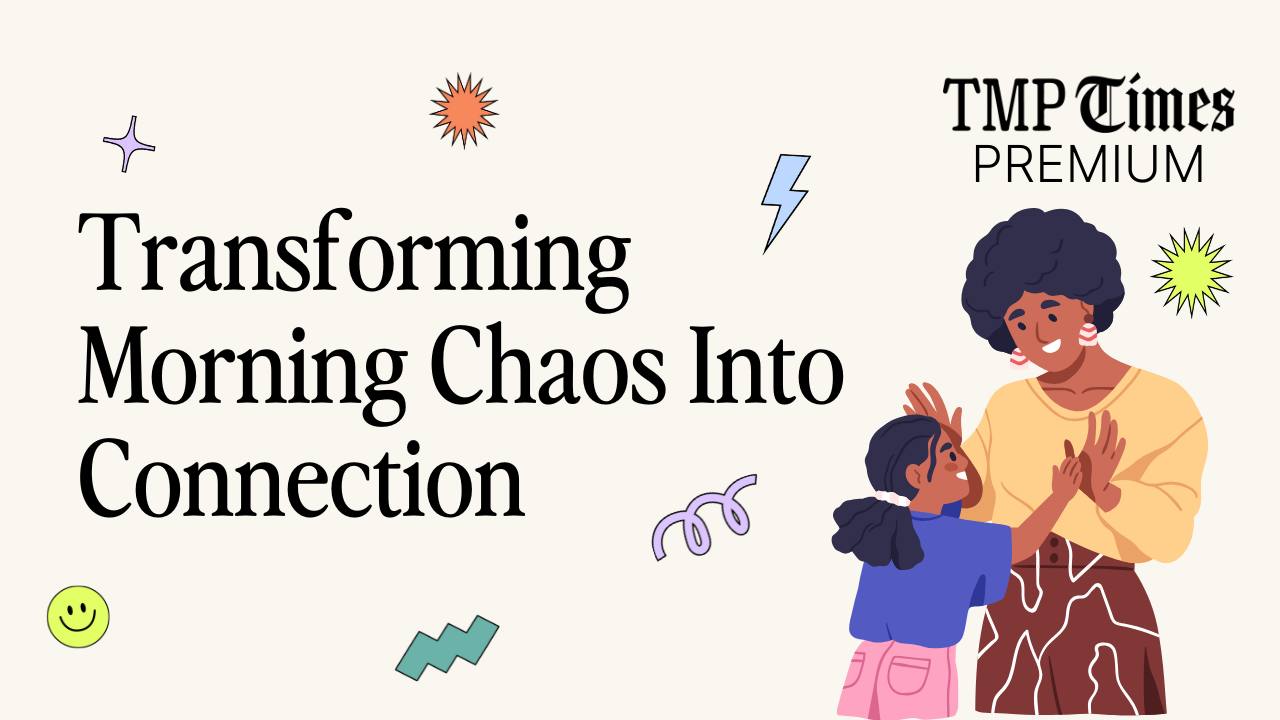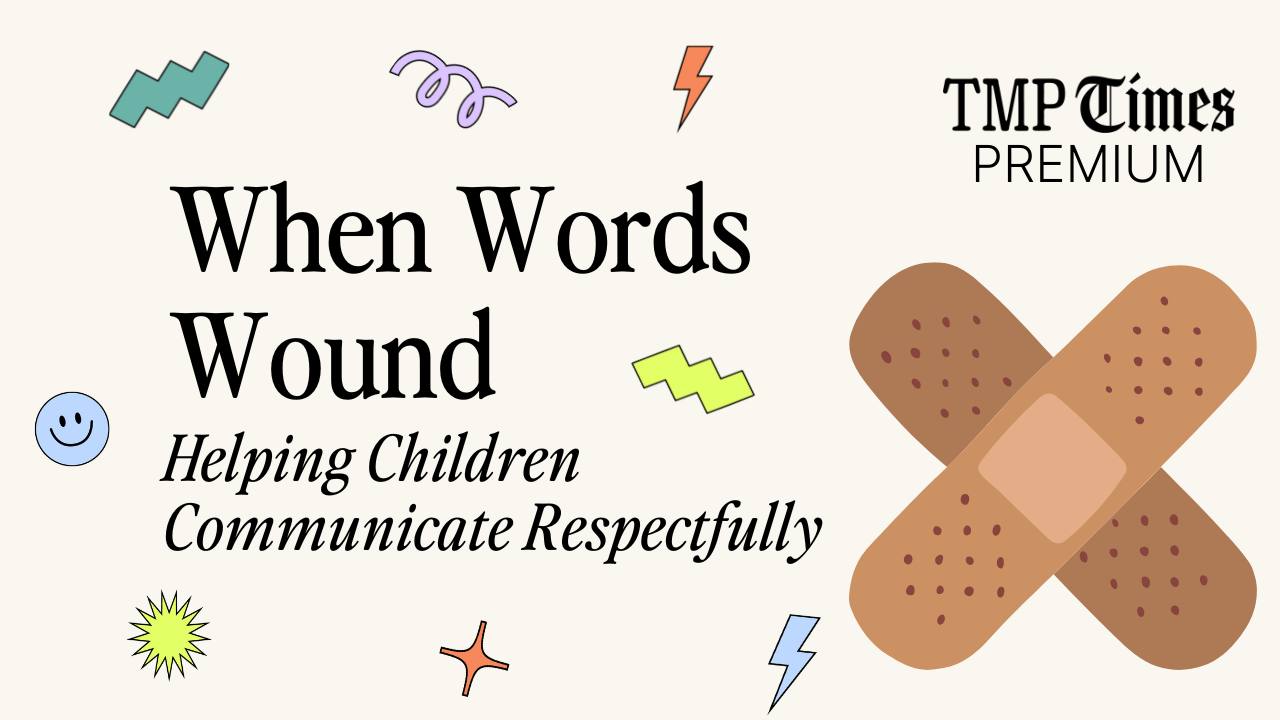Tired of Feeling Triggered by Tantrums? Here's What Your Child is Actually Trying to Tell You


Picture this: You're trying to get dinner ready (finally!) after a long day.
Your 4-year-old is happily playing with trucks nearby, and for a moment, everything feels peaceful.
Then you make the announcement that it's time to clean up for dinner.
Within seconds, your child's whole demeanor changes. Their face crumples, body tenses, and before you can blink, they're screaming "NO! I'M NOT DONE!" while trucks go flying across the room.
In that moment, your heart starts racing.
Your chest gets tight.
And that familiar thought creeps in: "Why does my sweet child get so angry over the smallest things? And why does nothing I do seem to help?"
I get it.
As both a psychologist and a mom of 3 young children with BIG emotions, I've been there myself. Those moments when our children's emotions seem to explode out of nowhere can feel overwhelming, frustrating, and honestly? Sometimes scary.
But here's what I want you to know - Your child's intense reactions aren't signs that something is wrong or that you're failing as a parent.
In fact, I'm about to show you why these challenging moments are actually evidence that your child's brain is developing exactly as nature intended.
In this week's issue, we're diving deep into:
- The real reason behind those explosive reactions (and no, it's not manipulation!)
- Why fighting against tantrums actually makes them worse
- One powerful mindset shift that will help you stay calm when everyone else is losing it
- Exactly what to say and do when your child melts down

Part 1: Let's Talk About the WHY
Before we dive into strategies and scripts, we need to start with understanding what's actually happening in your child's brain during these intense moments.
Here's something that might blow your mind:

Think about it - when your contractor builds a house, they don't start with the fancy light fixtures and smart home features, right? They start with the basic foundation and framework.
Your child's brain works the same way.
The emotional parts of their brain (think: big feelings, impulses, survival reactions) are like that basic framework - they're built first and they're STRONG.
But the sophisticated features that allow for emotional regulation and impulse control? Those are like the electrical wiring - they take years to fully install and become operational.
I know it sounds so cliche but when your child has a tantrum, they're not giving you a hard time - they're literally having a hard time.
Their brain is being flooded with big emotions before it has the tools to process them effectively.
Let's be real about the mistakes most of us make here (I've made them too!):
- Treating tantrums like manipulation (they're not!)
- Rushing to fix or stop the emotions (this actually makes things worse)
- Taking it personally (I mean this with all the love in my heart but - it's not about you ❤️️)
- Trying to reason with them mid-meltdown (their thinking brain is offline - they can’t hear you)
- Expecting toddlers and preschoolers to have adult-level control
Here's what I need you to remember: All behavior is communication.


Part 2: Here's Exactly What to Do
When your child starts to melt down, here's your step-by-step game plan:




